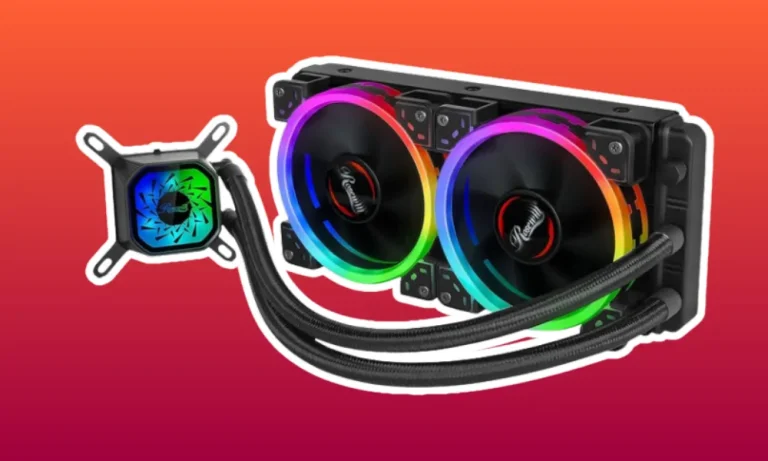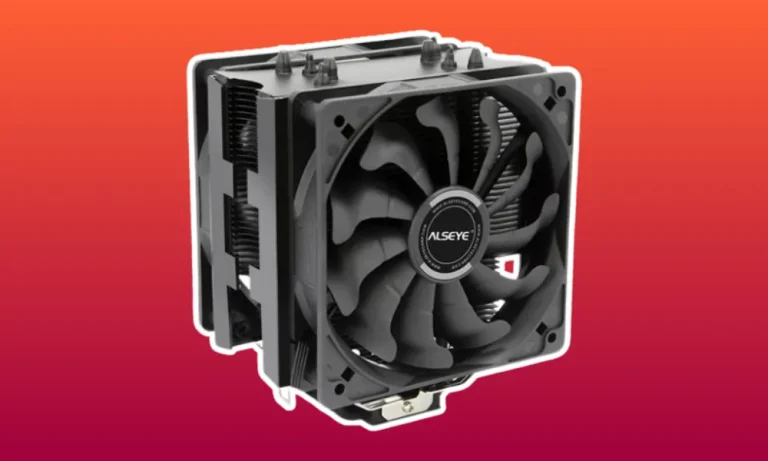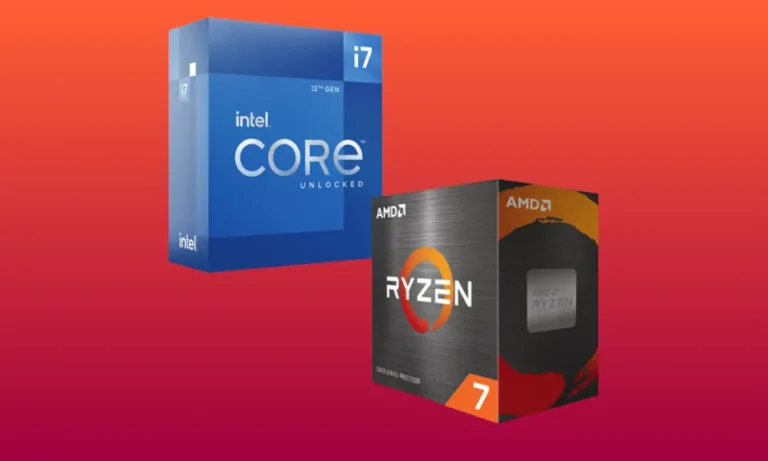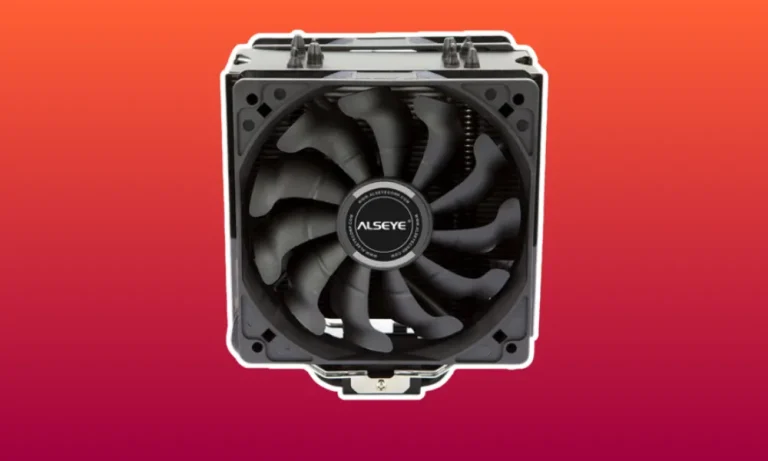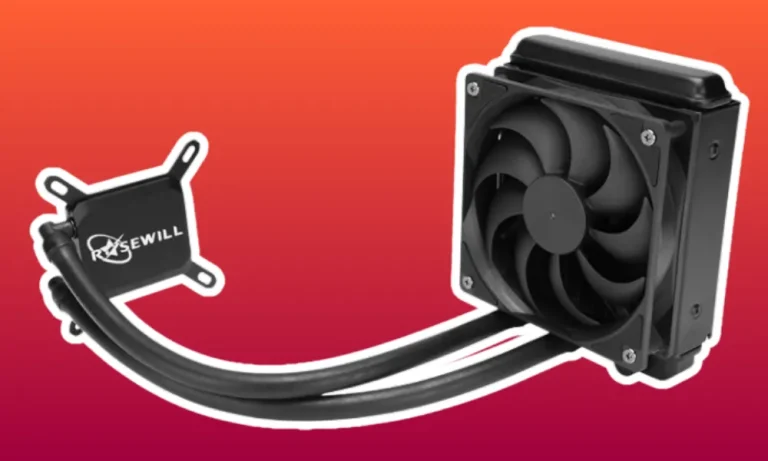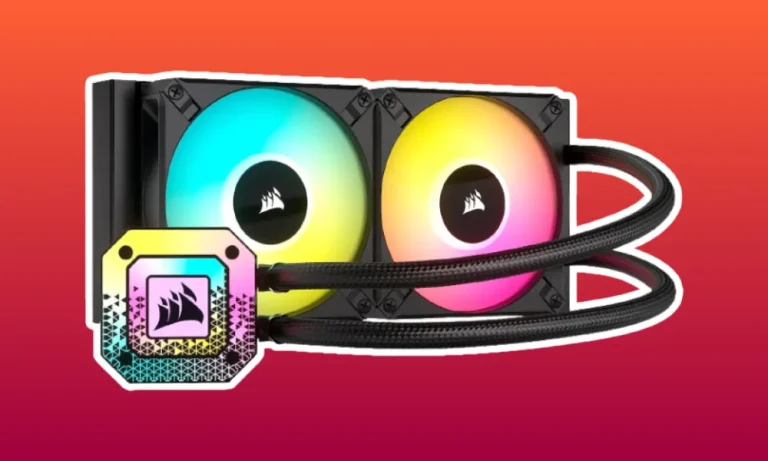Do You Need a CPU Cooler?
Do you need a CPU cooler to keep your computer running smoothly? Absolutely! Your CPU generates a lot of heat, and if left unchecked, it can cause serious damage.
In this blog post, we’ll explore the importance of CPU coolers, their role in maintaining optimal temperatures, and why you should consider investing in one.
Types of CPU Coolers
When it comes to keeping your CPU cool, you have a few options to choose from. Let’s explore the different types of CPU coolers and their advantages and limitations.
Stock Coolers
What are stock coolers? Stock coolers are the default cooling solutions that come bundled with CPUs. They are designed to provide basic cooling functionality at no additional cost.
Pros and Cons: Stock coolers are convenient and cost-effective, as they come included with your CPU purchase. However, they often have limited cooling capacity and can be noisy under heavy loads.
If you’re not planning to push your CPU to its limits, a stock cooler might suffice. But for more demanding tasks like gaming or content creation, upgrading to an aftermarket cooler is recommended.
Air Coolers
How do air coolers work? Air coolers rely on a combination of heat pipes and cooling fans to dissipate heat. Heat pipes draw heat away from the CPU and transfer it to metal fins, which are then cooled by the fans.
Advantages and Limitations: Air coolers are cost-effective, efficient, and reliable cooling solutions. They offer good cooling performance and are relatively easy to install.
However, they can be bulky and may interfere with tall RAM modules or certain motherboard components, so compatibility must be considered.
Liquid Coolers
What’s the working principle of liquid coolers? Liquid coolers, also known as all-in-one (AIO) coolers, use a closed-loop system. A pump circulates coolant through tubes to a radiator, where heat is dissipated by fans.
The cooled coolant then returns to the CPU block to repeat the process.
Benefits and Considerations: Liquid coolers provide excellent cooling performance, especially for high-end CPUs and overclocking. They are often more compact than air coolers and offer flexibility in terms of installation.
However, liquid coolers can be more expensive and may require additional maintenance, such as periodically checking for leaks and ensuring proper coolant levels.
4 Factors to Consider When Choosing a CPU Cooler
When it comes to selecting a CPU cooler, there are several crucial factors to consider. Let’s delve into these considerations to help you make an informed decision.
Cooling Performance
Why is cooling performance important? The cooling capacity of a CPU cooler directly affects how effectively it can dissipate heat from the CPU.
A cooler with higher cooling performance will keep your CPU at lower temperatures, ensuring optimal operation and preventing potential performance issues.
Different coolers, different performances: CPU coolers vary in their cooling performance under different load conditions.
Some coolers excel at handling heavy workloads, while others are more suitable for everyday tasks. Consider your specific usage requirements and choose a cooler that can handle the demands of your CPU.
Noise Level
The significance of noise reduction: No one likes a noisy computer, especially during intense gaming sessions or when working in a quiet environment.
Noise reduction is a key consideration when selecting a CPU cooler, as it contributes to a more pleasant and less distracting user experience.
Comparing noise levels: Different types of CPU coolers have varying noise levels. Air coolers tend to be quieter than stock coolers, while liquid coolers can produce slightly more noise due to the presence of fans and pumps.
Look for coolers that prioritize noise reduction without compromising cooling performance.
Compatibility
The importance of compatibility: It’s crucial to ensure that the CPU cooler you choose is compatible with your motherboard.
Check for compatibility regarding the socket type, as well as any potential clearance issues with RAM modules or other components on the motherboard.
Consider the physical dimensions: Additionally, consider the physical dimensions of the cooler in relation to the computer case. Make sure the cooler fits within the available space without obstructing other components or impeding airflow.
Overclocking Potential
Facilitating better performance: Overclocking involves pushing your CPU beyond its default clock speed to achieve better performance.
A capable CPU cooler is essential for overclocking, as it helps dissipate the increased heat generated by the overclocked CPU.
Coolers are suitable for overclocking: High-performance air coolers and liquid coolers are popular choices for overclocking, as they can handle the additional heat generated.
Look for coolers with robust cooling capabilities and the ability to maintain low temperatures even under heavy overclocking loads.
3 Signs That You Need a CPU Cooler Upgrade
Is your computer running hot? Experiencing system crashes or a noticeable drop in performance? These could be signs that your CPU cooler is inadequate and in need of an upgrade.
High Temperatures
The telltale sign: One of the most obvious signs of an inadequate CPU cooler is consistently high temperatures. If your CPU is running too hot, it can lead to system instability and potential damage to the processor.
Symptoms to watch for: Keep an eye on your CPU temperatures using monitoring software. If you consistently observe temperatures exceeding safe limits (usually above 85°C), it’s a clear indication that your current cooler is struggling to keep up with the cooling demands of your CPU.
System Crashes
Unwanted shutdowns: Another sign of an inadequate CPU cooler is frequent system crashes or unexpected shutdowns. When a CPU overheats, it can trigger a safety mechanism that shuts down the system to prevent permanent damage.
The need for stability: If your computer is crashing during resource-intensive tasks like gaming or video editing, it’s a strong indication that your CPU cooler is unable to effectively dissipate heat. Upgrading to a more capable cooler can help ensure system stability.
Reduced Performance
Sluggish performance: Inadequate cooling can also impact your system’s overall performance. When a CPU gets too hot, it automatically throttles its clock speed to prevent overheating. This results in reduced performance and slower processing speeds.
Upgrade for optimal performance: If you notice a significant drop in performance, especially during demanding tasks, it’s time to consider upgrading your CPU cooler. A more efficient cooler will keep temperatures in check, allowing your CPU to operate at its maximum potential.
FAQs
Why do I need a CPU cooler?
A CPU cooler is essential to maintain optimal temperatures for your processor. It helps dissipate heat generated by the CPU during operation, preventing overheating, system instability, and potential damage to your hardware.
How can I tell if I need a CPU cooler upgrade?
Signs that indicate the need for a CPU cooler upgrade include consistently high temperatures, frequent system crashes or unexpected shutdowns, and reduced performance during demanding tasks. Monitoring CPU temperatures and observing these symptoms can help you determine if an upgrade is necessary.
Can I use the stock CPU cooler that came with my processor?
Stock CPU coolers are generally sufficient for basic computing tasks. However, if you engage in resource-intensive activities like gaming or video editing, upgrading to a more capable aftermarket cooler is recommended for better cooling performance and system stability.
What are the benefits of upgrading my CPU cooler?
Upgrading your CPU cooler can provide several benefits, including improved temperature regulation, increased system stability, and enhanced performance. A more efficient cooler allows your CPU to operate at its maximum potential, preventing throttling and maintaining consistent performance.
How do I choose the right CPU cooler for my system?
When selecting a CPU cooler, consider factors such as your processor’s thermal requirements, case size and compatibility, budget, and cooling performance needs. Researching user reviews and consulting compatibility guides provided by manufacturers can help you make an informed decision and choose the right cooler for your system.
Conclusion
If you’re experiencing high temperatures, system crashes, or reduced performance, it’s time to consider upgrading your CPU cooler. Don’t ignore these signs, as they indicate an inadequate cooling solution that can lead to hardware damage and compromised performance.
Invest in a better CPU cooler to keep your system running smoothly and efficiently.

